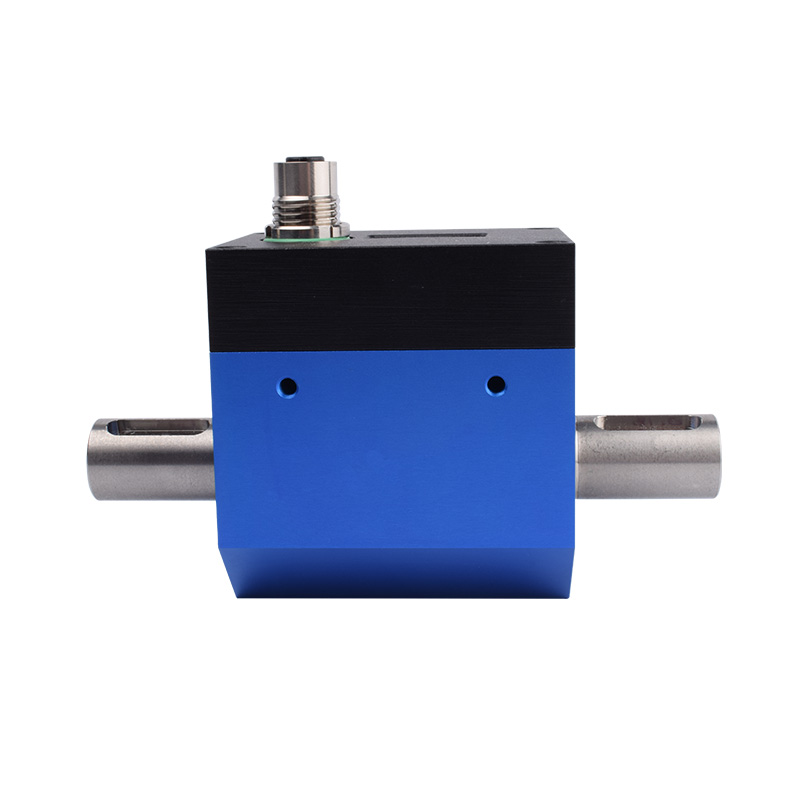Dynamic Torque Sensor Introduction and Features
A dynamic torque sensor is a specialized sensor used to measure and monitor torque in rotating systems. It provides real-time data on the rotational forces and enables precise control and optimization of mechanical processes. In this article, we will introduce the dynamic torque sensor and highlight its key features.
Introduction:
Dynamic torque sensors are commonly used in various industries, including automotive, aerospace, manufacturing, and robotics. They play a crucial role in measuring and analyzing torque in rotating shafts, motors, engines, and other mechanical systems. By accurately monitoring torque, these sensors help ensure efficient operation, prevent equipment damage, and enhance overall performance.
Key Features:
1 High Accuracy and Sensitivity: Rotating Torque Sensors are designed to provide highly accurate torque measurements, even in high-speed and dynamic applications. They offer excellent sensitivity to capture subtle changes in torque and allow precise adjustments in real-time.
2 Wide Measurement Range: These sensors have a broad measurement range, capable of measuring both low and high torque values. This versatility makes them suitable for a wide range of applications, from small-scale precision operations to heavy-duty industrial processes.
3 Fast Response Time: Non-contact torque sensors offer rapid response times, enabling real-time monitoring and control of torque fluctuations. Their quick response ensures timely detection of torque variations, contributing to improved safety and performance.
4 Non-Intrusive Design: Many dynamic torque sensors feature non-intrusive designs that allow for easy installation and removal without interrupting the system's operation. These non-contact sensors eliminate the need for physical contact with the rotating shaft, reducing wear and tear and minimizing maintenance requirements.
5 Robust Construction: Dynamic torque sensors are built with rugged materials and undergo extensive testing to ensure durability in demanding operating conditions. They can withstand high temperatures, vibrations, and harsh environments, ensuring reliable performance and long service life.
6 Versatile Mounting Options: These sensors offer various mounting options, including flange, shaft, or inline configurations, allowing for flexibility in installation. They can be integrated seamlessly into existing systems, making them compatible with a wide range of rotating equipment.
7 Digital Output and Integration: Many dynamic torque sensors provide digital output signals, making it easy to interface with data acquisition systems, control units, and other monitoring devices. This digital integration allows for efficient data processing, analysis, and integration into automation and control systems.
In conclusion, dynamic torque sensors play a vital role in measuring and controlling torque in rotating systems. With their high accuracy, wide measurement range, fast response time, and robust construction, these sensors enable precise monitoring and optimization of mechanical processes. Whether in automotive manufacturing, aerospace engineering, or robotics, dynamic torque sensors provide essential data for improving performance, enhancing safety, and maximizing efficiency in various industries.

